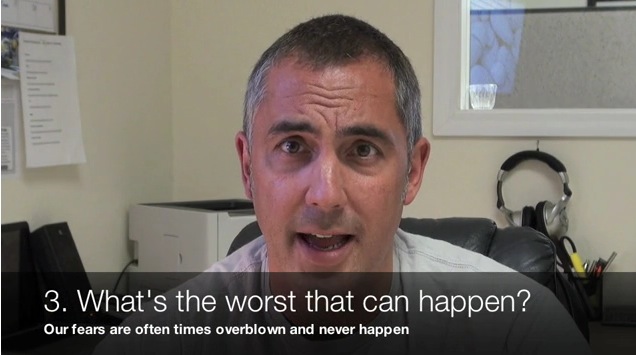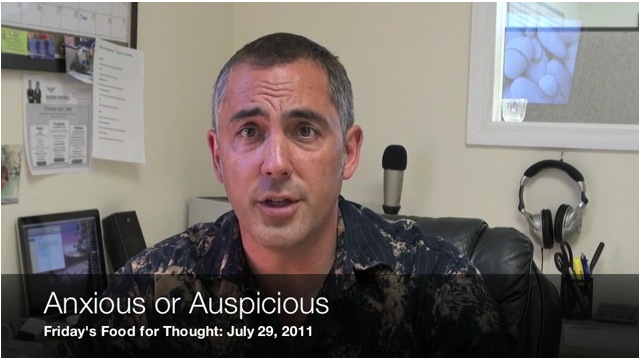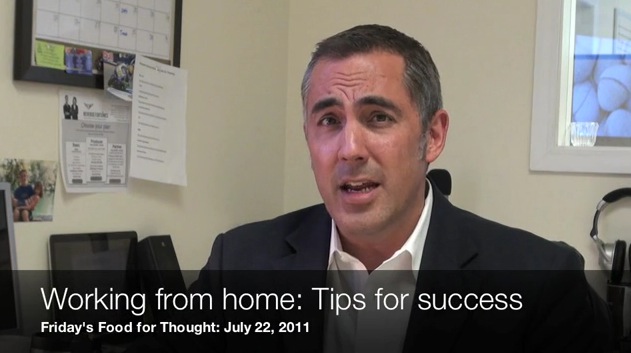UBS and ReverseVision announce interface
The time where warehouse lending was a bottle neck for reverse mortgage lenders may be over.
With UBS getting back into the reverse mortgage space as a warehouse lender, one of the world’s largest banks is showing support for the reverse mortgage. UBS operates a lending platform that offers agency, government, USDA RHS RD, HECM and non-conforming jumbo products. Thanks to its extensive experiences in the reverse mortgage space, UBS understands the particularities of the HECM and can provide an outstanding service. Several of the nation’s top lenders are closing and funding loans with UBS.
ReverseVision is the first and so far only




